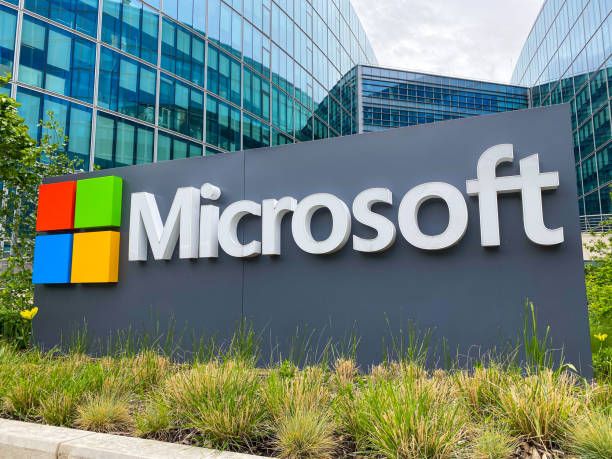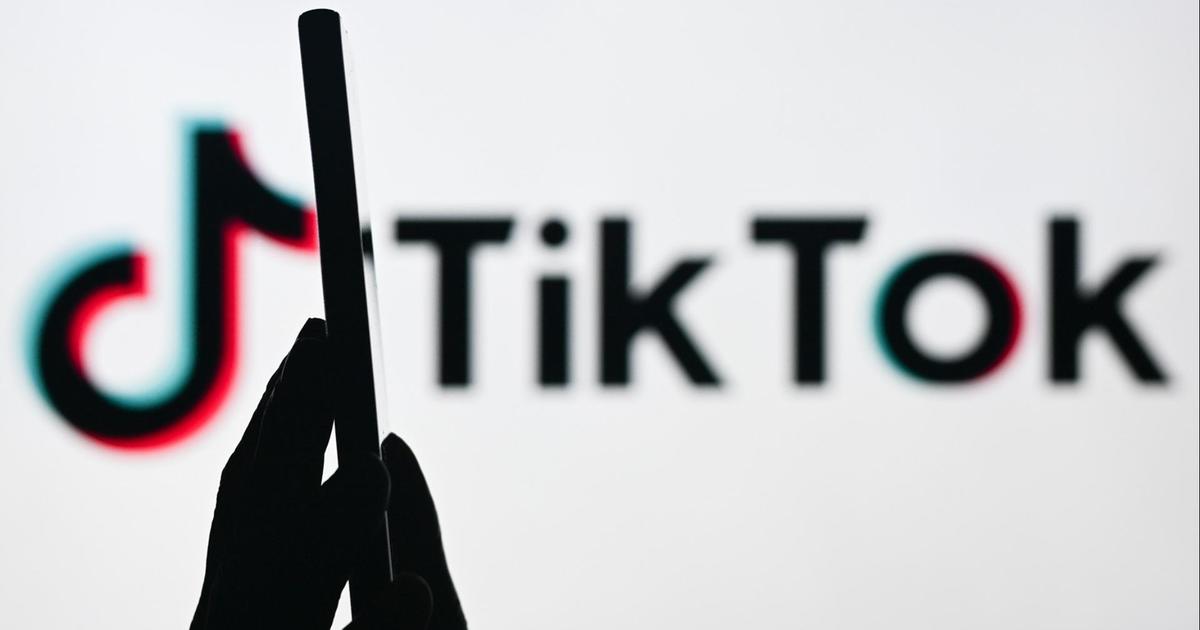Microsoft continues to invest in enterprise AI around the world, with new models expected to further expand its industry-leading portfolio
Recent reports indicate that Microsoft is in the process of training a novel internal AI language model.
There have been suggestions that the AI tool’s dimensions could potentially enable it to contend with other established models developed by Google, Anthropic, and OpenAI.
MS has not yet verified the MAI-1 model, nor does the company currently have a confirmed use case for the product.
The Information, however, reports that Microsoft may unveil a preview of the new model at its Build developer conference in late May 2024.
The report was published immediately after the appointment of Mustafa Suleyman, co-founder of Google DeepMind, as the new AI CEO of Microsoft. Mustafa is reportedly in charge of supervising this new endeavor.
AI Magazine examines a selection of Microsoft’s recent AI advancements in light of the company’s ongoing global technological expansion.
Microsoft aspires to take the lead in artificial intelligence
The technology titan continues to solidify its position as the global leader in artificial intelligence by investing in a number of strategic locations around the globe.
In recent times, it has surpassed Apple as the most valuable corporation globally, an achievement attributed to its adoption of the generative AI (Gen AI) movement.
Microsoft Copilot, an AI innovation that has garnered significant attention since its introduction in early 2023, has now been integrated into the Windows 11 operating system.

The tool is a “AI assistant in action” and is built upon Bing Chat Enterprise with responsible AI privacy.
In the same way, Microsoft has taken an early lead in the Gen AI race by deploying its technology across a variety of productivity software and investing billions of dollars in OpenAI, in addition to its 49% ownership stake.
Microsoft, apart from its enterprise investments and partnerships, has made a steadfast commitment to the progression of artificial intelligence (AI) in businesses worldwide.
Recent investments include a US$1.7 billion in Indonesia, which was allocated towards the development of AI skilling initiatives, new cloud and AI infrastructure, and broader support for the nation’s expanding developer community.
In addition to India, Thailand, and Malaysia, the organization has also made investments in Germany, the United Kingdom, and Thailand.
Microsoft’s overarching strategy is to ensure that the technology is developed and deployed in a responsible and ethical manner, while also fostering economic development in line with AI.
Microsoft Extending its portfolio of AI products
Additionally, Microsoft is dedicated to improving its AI offerings. In April 2024, the organization disclosed Phi-3-mini, a more compact artificial intelligence (AI) model that represents the most proficient and economically viable small language models (SLMs) offered by the company.
The objective behind this release was to broaden the assortment of superior models available to customers and provide them with more pragmatic options when constructing Gen AI applications.
According to The Information, the technology behemoth has been allocating servers outfitted with Nvidia’s graphic processing units (GPUs) and vast quantities of data in an effort to enhance the rumored MAI-1.
This is due to the anticipated larger size of the model in comparison to previous models developed by Microsoft, which will necessitate increased computing capacity and training data.
As noted, MAI-1 is anticipated to contain approximately 500 billion parameters.



